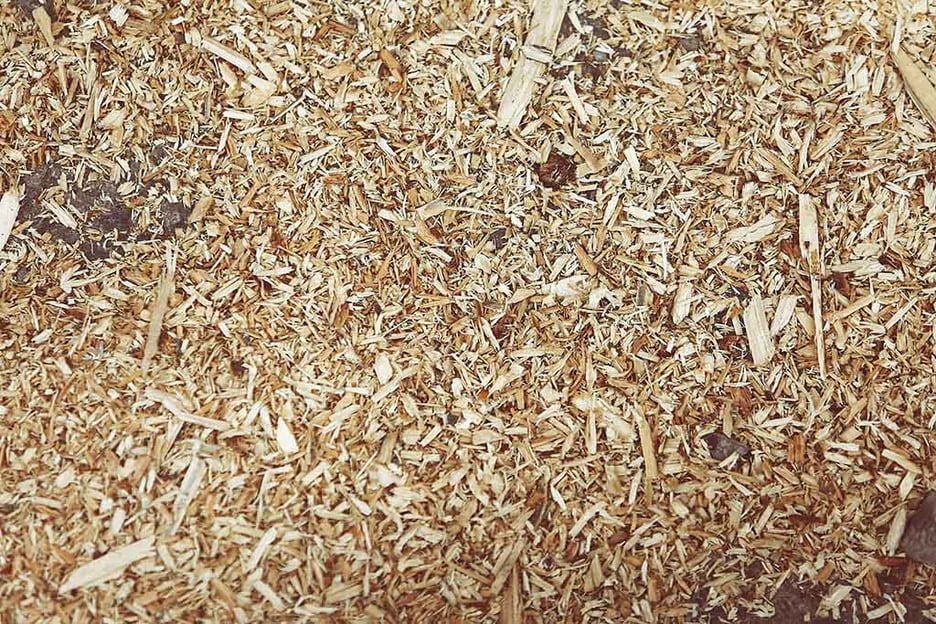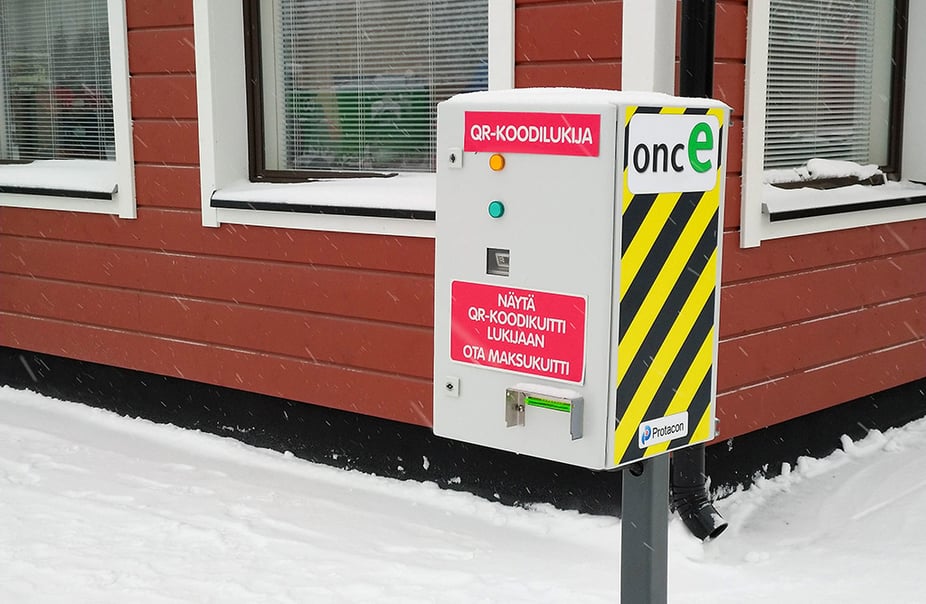
The amendments will enter into force with a tight schedule and the companies are expected to meet the requirements established already after the turn of the year. In many companies, compliance with the requirements requires major modifications of the data collection and reporting practices.
Recently, the European Union amended its directives related to waste treatment and renewable energy. As a result, EU companies operating in the energy and waste management sectors will be required to provide more detailed reports. In particular, the RED II emphasise the sustainability aspect for forestry feedstock as well as GHG criteria for solid and gaseous biomass fuels.
The amendments will enter into force with a tight schedule and the companies are expected to meet the requirements established already after the turn of the year. In many companies, compliance with the requirements requires major modifications of the data collection and reporting practices.
What is it all about? The EU has updated the Renewable Energy Directive (RED II), which in turn affects the National Energy and Climate Plans of each member state. Furthermore, the EU amended six directives which concern the waste sector, which aim to increase reuse and recycling of municipal and packaging waste and reduce the landfilling of municipal waste.
The Origin and Supply Chain of Materials Are to Be Followed More Closely

The sustainability requirements will expand to cover any biomass used for electricity and heat production, such as forest and agricultural biomass, as well as biogas.
The legislative amendments entail reforms of the same type for actors in circular economy and in the bioenergy domain. The greatest change induced by both legislative reforms is that they establish more ambitious targets for materials recycling and use of renewable energy. Greenhouse gas emissions are to drop and an even smaller percentage of waste is to end up at landfills.
Energy produced from biomass must comply with sustainability criteria. The sustainability requirement that applied only to biofuels and biofluids used in transport will now expand to cover any biomass used for electricity and heat production, such as forest and agricultural biomass, as well as biogas [1].
The objective of the EU waste legislative package is to reduce waste generation and to increase re-use and recycling [2]. In the future, waste treatment plants are required to record and report how waste is processed and prepared for re-use or recycling. Furthermore, the products and materials resulting from the process must be reported broken down by product and material group, and incineration plants are required to report more precisely the percentage of municipal waste used in incinerated waste.
Overall, for companies engaged in circular economy and renewable energy, the amendments will result in the need to enhance monitoring and reporting. Otherwise, the volume of manual work will increase tremendously and meeting of the requirements will be challenging indeed.
Preparations Are Already in Progress in the Waste Sector, but the Schedule Is Tight

The reporting and monitoring process of the self-service waste station of Puhas Ltd. is carried out by the Once® by Pinja system.
We asked Jyrki Mainonen, the System Engineer of one of our customers, Puhas Oy, to share his views on the legislative changes in the waste industry. Puhas Oy is a waste management company owned by five municipalities (Ilomantsi, Joensuu, Kontiolahti, Liperi, Polvijärvi) in North Karelia and tasked with provision of waste management services provided for by law on behalf of the member municipalities.
Preparations for the future amendments of waste legislation have already begun at Puhas Oy, including introduction of electronic transfer documents, for example. Nevertheless, uncertainty regarding the overall impact of the legislative reform hampers the change:
“We have accepted the challenge and I do believe that we can react quite quickly. However, we would rather not jump the gun – we would prefer some clarity regarding the changes actually required from us.”
The business model of waste plants, which includes many subcontractors and, consequently, numerous software programs, poses its own challenges. Jyrki Mainonen from Puhas Oy describes the situation from the viewpoint of a waste management company:
“The problem in Finland is that waste plants have quite a few subcontractors and different software programs in use. Things are done differently in different parts of Finland – for example, on the coast, the operation procedures used differ from ours. Arriving at a consistent policy is challenging.”
In Mainonen’s opinion, the reform schedule is too tight: “The schedule is tight; I would say that one more year would be needed for this. In such a case, perhaps the entire Finland would be on the map, so to say. I do hope that the new waste legislation does not fully enter into force next summer.”
References:
[1] Maa- ja metsätalousministeriö: Biomassan kestävyyskriteerit (Ministry of Agriculture and Forestry: Sustainability Criteria for Biomass) (21 Oct 2019)
[2] (Original source: Ministry of the Environment) (Ministry of the Environment: Waste Legislation Package) (21 Oct 2019)
Read more
Digitalization in circular economy allows reorganization of supply chains towards industrial-like efficiency
Pinja pioneers in digitalization and automation of circular economy
Gasum success story
Once by Pinja ® – supply chain management system
Back to the Pinja Blog
Categories
- Career at Pinja (68)
- Manufacturing (46)
- Knowledge Management (45)
- Production Development (44)
- Software Partnership & Tools (42)
- Sustainability (37)
- Wood and Forestry (37)
- Bioenergy and Recycling (29)
- IT Support and Outsourcing (24)
- Ecommerce (23)
- Maintenance (22)
- Artificial Intelligence and Machine Learning (15)
- Public Services (9)
- Compliance (1)
